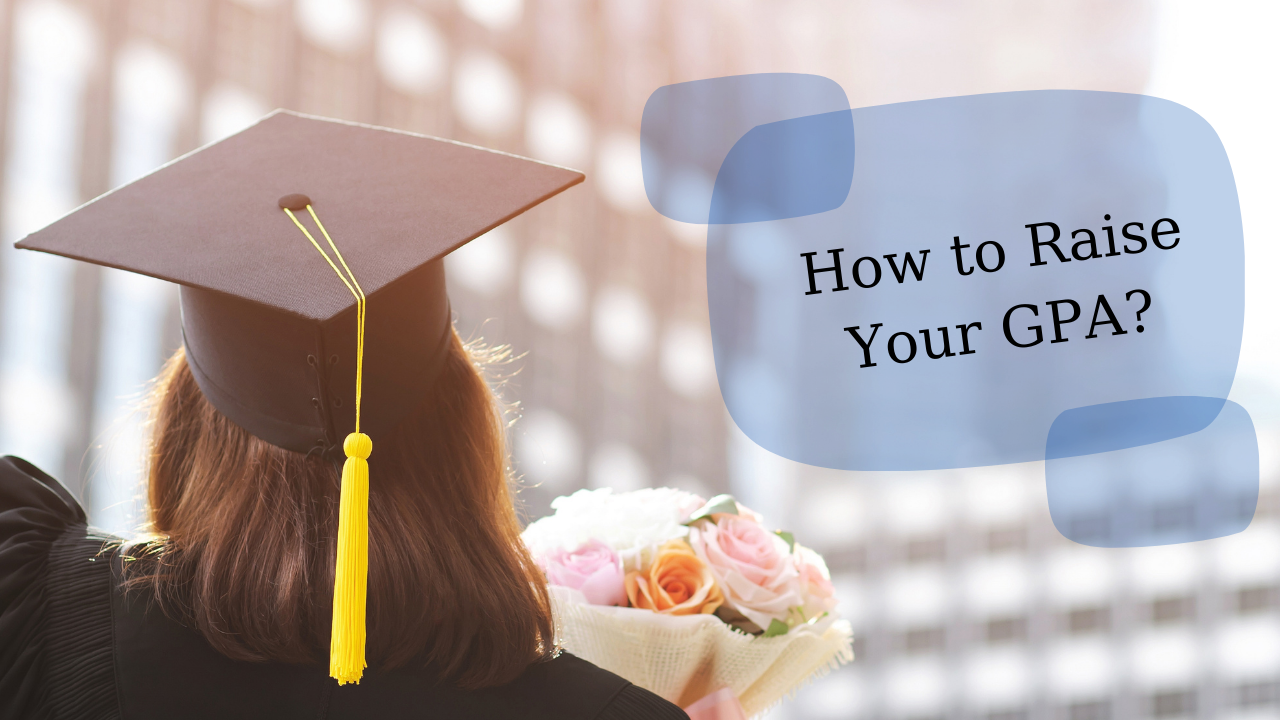How to Raise Your GPA? A Comprehensive Guide
Do you find yourself struggling with your current GPA and wondering how to improve it? Achieving a higher GPA requires a strategic approach that encompasses various aspects of academic life. Let’s delve into practical steps you can take to raise your GPA effectively.
1. Introduction
Embarking on the journey to improve your GPA is a commendable decision that can have a significant impact on your academic and future career prospects. In this guide, we will explore actionable strategies to help you boost your GPA and reach your academic goals.
2. Understanding Your Current GPA
2.1 What is GPA?
Grade Point Average (GPA) is a numerical representation of your academic performance, typically measured on a scale of 0 to 4.0. Understanding the significance of your GPA is crucial in devising an improvement plan.
2.2 Importance of GPA
Your GPA is more than just a number; it is a reflection of your dedication, discipline, and commitment to your studies. Many educational institutions and employers consider GPA when making decisions about admissions or hiring.
2.3 Assessing Your Current GPA
Before you can improve, it’s essential to know where you stand. Evaluate your current GPA and identify areas that need attention. This self-awareness is the first step toward positive change.
3. Setting Realistic Goals
3.1 Defining Your Target GPA
Set a realistic target GPA based on your academic aspirations. This goal will serve as a roadmap for your efforts and keep you motivated throughout the improvement process.
3.2 Breaking Down Goals into Achievable Steps
Divide your overarching GPA goal into smaller, manageable steps. This approach makes the process less overwhelming and allows you to track your progress more effectively.
4. Effective Time Management
4.1 Creating a Study Schedule
Time management is crucial for academic success. Develop a study schedule that allocates dedicated time for each subject, ensuring comprehensive coverage of your coursework.
4.2 Prioritizing Tasks
Identify priority tasks and allocate more time to challenging subjects. This focused approach helps you make the most significant impact on your overall GPA.
5. Adopting Smart Study Techniques
5.1 Active Learning Methods
Move beyond passive learning and engage in active learning techniques such as group discussions, teaching concepts to others, and participating in hands-on activities.
5.2 Utilizing Resources
Take advantage of available resources, including textbooks, online materials, and academic support services. A diverse range of resources enhances your understanding of subjects.
6. Seeking Academic Support
6.1 Engaging with Professors
Build a rapport with your professors and seek clarification on challenging topics. Professors are valuable resources who can provide guidance and support.
6.2 Forming Study Groups
Collaborate with peers to form study groups. Group study sessions promote a dynamic learning environment where different perspectives can deepen your understanding of subjects.
7. Improving Note-Taking Skills
7.1 Cornell Method
Implement effective note-taking methods such as the Cornell method, which organizes notes into key concepts, cues, and summaries for better retention.
7.2 Mind Mapping
Explore mind mapping techniques to visually represent connections between concepts. Mind maps can aid in organizing information and facilitating recall during exams.
8. Enhancing Test-Taking Strategies
8.1 Managing Exam Anxiety
Develop strategies to manage exam anxiety, such as deep breathing exercises and positive visualization. A calm mind enhances cognitive performance.
8.2 Reviewing and Revising
Consistent review of course materials and regular revision sessions are essential for reinforcing your understanding and improving retention.
9. Embracing Healthy Lifestyle Habits
9.1 Balancing Sleep and Study
Ensure a balanced lifestyle by prioritizing adequate sleep. Quality rest positively impacts cognitive function, helping you approach your studies with a refreshed mind.
9.2 Incorporating Physical Exercise
Integrate regular physical exercise into your routine. Exercise is known to enhance concentration, memory, and overall mental well-being.
10. Exploring Additional Learning Resources
10.1 Online Courses
Consider enrolling in online courses to supplement your learning. Online platforms offer a diverse array of courses that can enhance your knowledge and skills.
10.2 Educational Apps
Explore educational apps designed to reinforce specific subjects. These apps often provide interactive content that makes learning more engaging.
11. Staying Consistent
11.1 Regularly Assessing Progress
Periodically evaluate your progress and make adjustments to your study plan if needed. Consistency is key to achieving sustained improvement in your GPA.
11.2 Making Adjustments When Necessary
Be flexible and open to making adjustments to your study techniques or schedule based on what works best for you. Continuous improvement is a dynamic process.
12. Balancing Extracurricular Activities
12.1 Importance of a Balanced Life
While focusing on academics, it’s essential to maintain a balanced life. Participating in extracurricular activities fosters personal growth and well-roundedness.
12.2 Prioritizing Activities
Prioritize extracurricular activities based on your interests and their impact on your overall well-being. Strike a balance that allows you to excel both academically and personally.
13. Seeking Feedback and Improvement
13.1 Accepting Constructive Criticism
Welcome feedback from professors and peers. Constructive criticism provides valuable insights and opportunities for improvement.
13.2 Learning from Mistakes
Embrace the learning process by acknowledging and learning from mistakes. Every setback is an opportunity for growth and refinement.
14. Celebrating Achievements
14.1 Acknowledging Milestones
Celebrate your achievements, no matter how small. Recognizing milestones boosts morale and motivates you to continue your journey towards academic excellence.
14.2 Building Motivation
Maintain a positive mindset by reflecting on your achievements. Use them as a source of motivation to propel yourself forward.
15. Conclusion
In conclusion, raising your GPA requires a holistic approach that combines effective study techniques, time management, and a commitment to continuous improvement. By following the strategies outlined in this guide, you can embark on a journey towards academic success and personal growth.
FAQs
- Can I raise my GPA in just one semester?
- While significant improvements may take time, consistent effort and dedication can lead to positive changes in a single semester.
- How often should I reassess my study plan?
- It’s advisable to reassess your study plan at the end of each month to track progress and make necessary adjustments.
- Are online courses as effective as traditional classes?
- Online courses can be effective if approached with dedication and active engagement. They offer flexibility and a diverse range of subjects.
- Should I sacrifice sleep for extra study time?
- Prioritizing sleep is essential for cognitive function. Sacrificing sleep can negatively impact your overall academic performance.
- What do I do if I don’t reach my target GPA?
- Reevaluate your study strategies, seek additional support, and remain persistent. It’s a continuous journey of improvement.







